Six Days in Fallujah is a pretty unique project both in the topic that it’s dealing with and in the development process. It depicts an actual battle in the invasion of Iraq called the Second Battle of Fallujah that happened in November 2004. The game was initially scheduled to be released over a decade ago but numerous negative reactions regarding the depiction of war have caused various publishers and developers to give up on the game.
After the first backlash about the game’s planned release in 2009, most people thought that the project would be permanently abandoned but in 2021 there was new talk about its revival in 2023. And now, as of June 22, 2023, the Six Days in Fallujah is available for purchase for everyone so we dived into the discussion to find out what actually happened and what brought the game the controversial status that it still has.
Related: The Most Controversial Games of All Time
What Kind of a Game is Six Days in Fallujah Anyway?
According to its developers, Six Days of Fallujah is a game that is trying to illustrate the reality of battle in general with all its unpredictable shocking elements and depict the real experience of a moment in recent history, that is the Second Battle of Fallujah. The real battle involved massive urban combat that had US Marines, US soldiers, and Iraqi soldiers engage in city combat and clear house by house in the city of Fallujah. The close combat conditions involving many traps, bunkers, and home hideouts brought about many victims among the US soldiers, Iraqi fighters, and Iraqi civilians. The game was created with the help of many witness testimonies that were put in-between missions and are supposed to add to the overall atmosphere.
The game is a classic first-person shooter that is meant to be played as a coop. You can command others to go somewhere, provide suppressive fire, or clear rooms. Your team and you need to implement different strategies when approaching every street, house, and room because of a unique feature called Procedural Architecture. This new feature designs a new battlefield environment every time you play, making you feel unsafe with each new scenario. The aim is to give you a real feeling of what it’s like to not know what to expect with every move you make.
Even though none of the characters in the game are based on real people and the changing environment, the developers say that the game was based on facts. They used video material, photographs, and stories from people who were there, including Marines, US Soldiers, and Iraqi civilians. However, even though these are the claims from the developers and the publisher, many critics are unsure of that.
Why is Six Days in Fallujah Controversial?
The controversies surrounding this game stem from the worries of some of the veterans and anti-war activists that the game won’t depict the real Battle of Fallujah truthfully and that it will show the US’s point of view. Since the Second Battle of Fallujah had a big civilian death toll, there are reports about numerous war crimes committed by the US that critics fear will be omitted in the video game.
All of this created a lot of bad press around Six Days in Fallujah in 2009, when the game was initially supposed to be released, so its planned publisher, Konami, decided to drop it. It was then picked up by another publisher now called Victura.
Further worries were raised that the game will be another pop-culture element that will encourage stereotypes about Iraqis/Muslims as enemies and that they wouldn’t have a voice. On the other hand, the president of Victura, Peter Tamte, said to Polygon that the game has plenty of interviews with Iraqis and that it won’t be showing combat only but also focus on civilian points of view such as a phase where the story will revolve around an Iraqi father and his son that are trying to escape the dangers of city fighting.
Another point that I noticed was being discussed here is why isn’t this a documentary movie. We are all used to finding out about similar real-life events through interviews and documentaries with a narrator and historians giving us a wider context. A soldier who pitched the idea about the Six Days in Fallujah, Eddie Garcia, also said in an interview with Polygon that he believes “a video game can do a much better job of broadening the perspective” than other mediums like movies or books.
A Fresh Wound For Many Survivors
Even though the creators of the game have said that they approached the topic carefully, talked to many witnesses from all sides, and called for everyone to try out the game before they criticize it, the fact is that this story hits close to home for many.
As some Iraqis who lived and grew up in the war said to CNN, they are repulsed by the fact that profits will be made from the story of one of the bloodiest battles in the war in Iraq and that their tragic story will now be an entertainment piece.
Personally, growing up playing World War II video games and later modern war games, something like this never occurred to me. Most fact-based FPS games were about times long gone, like the original Call of Duty and Medal of Honor, while those that were put in a modern setup were mostly made-up stories.
Having grown up in Serbia, during the dissolution of Yugoslavia and its wars in the 1990s I was lucky not to live in the immediate war zones. However, the consequences of war were (and still are) omnipresent, and many of my friends are refugees from those wars. So if someone was to publish a game about real-life events from that era I would bet that it would make my friends feel the same way Iraqi survivors felt when they criticized the Six Days in Fallujah.
There isn’t one correct solution to this complex question, as in we should ban the game or glorify it, but I’m sure that part of the answer lies in listening to communities affected and doing them justice by telling a story from many sides. But in the end, can the two opposing sides in a war, in this case, US and Iraq, ever agree on the true course of events?
Six Days in Fallujah is certainly one of a kind game and we hope you know much more about it now than you knew before. If you’d like to know more about video game controversies we suggest you check out our article Controversial Army Recruitment Game Shutting Down in May and Atomic Heart: Russia Controversy Explained. Follow Gamer Journalist on Facebook and get more news and guides about the latest releases.



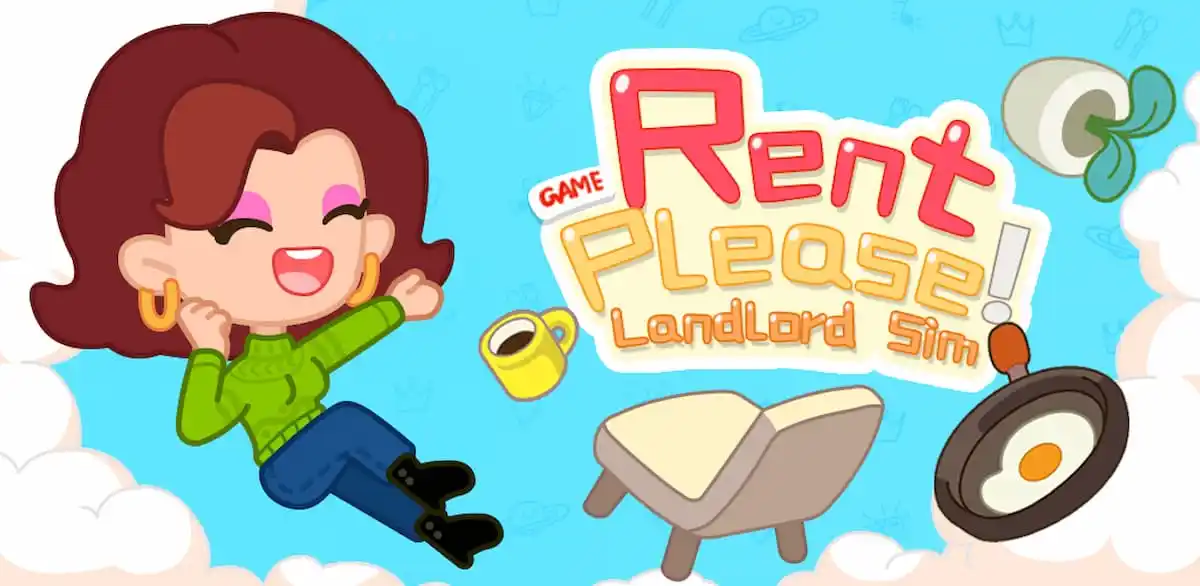

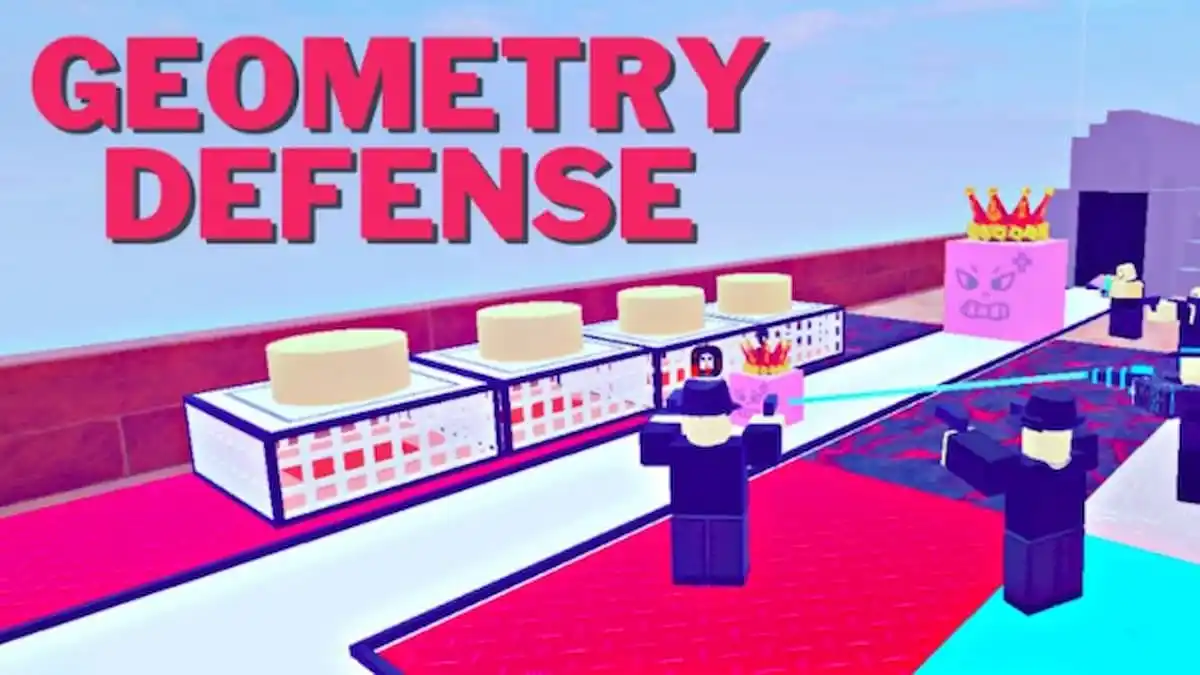
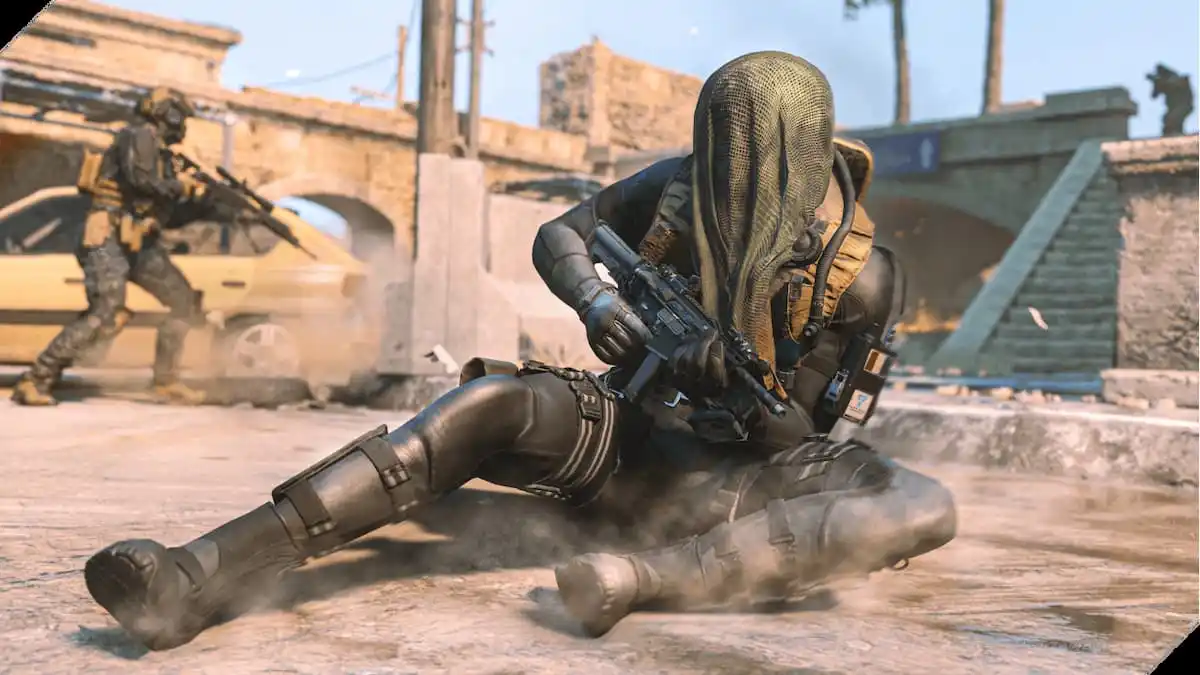
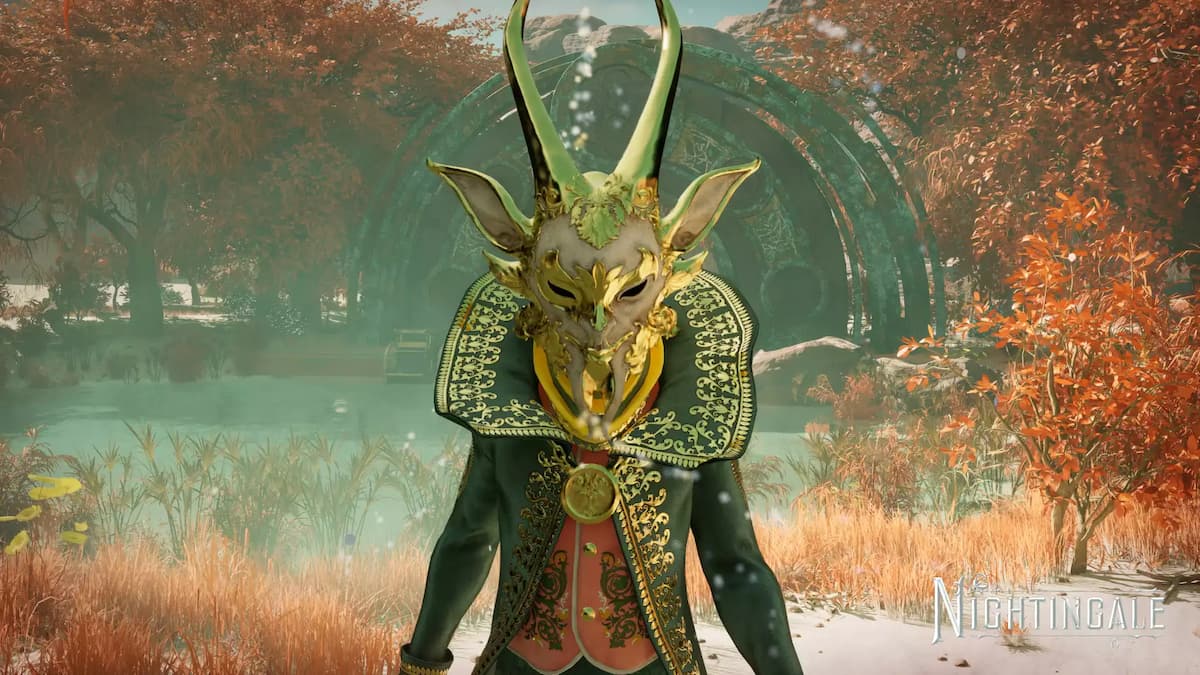

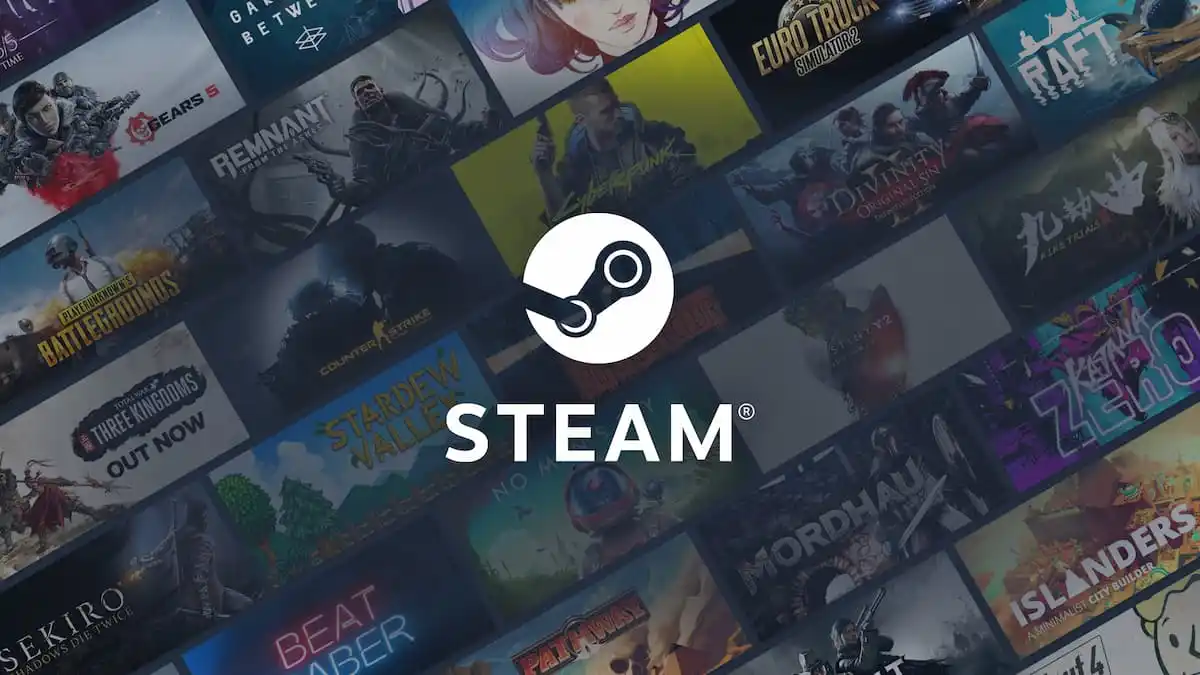
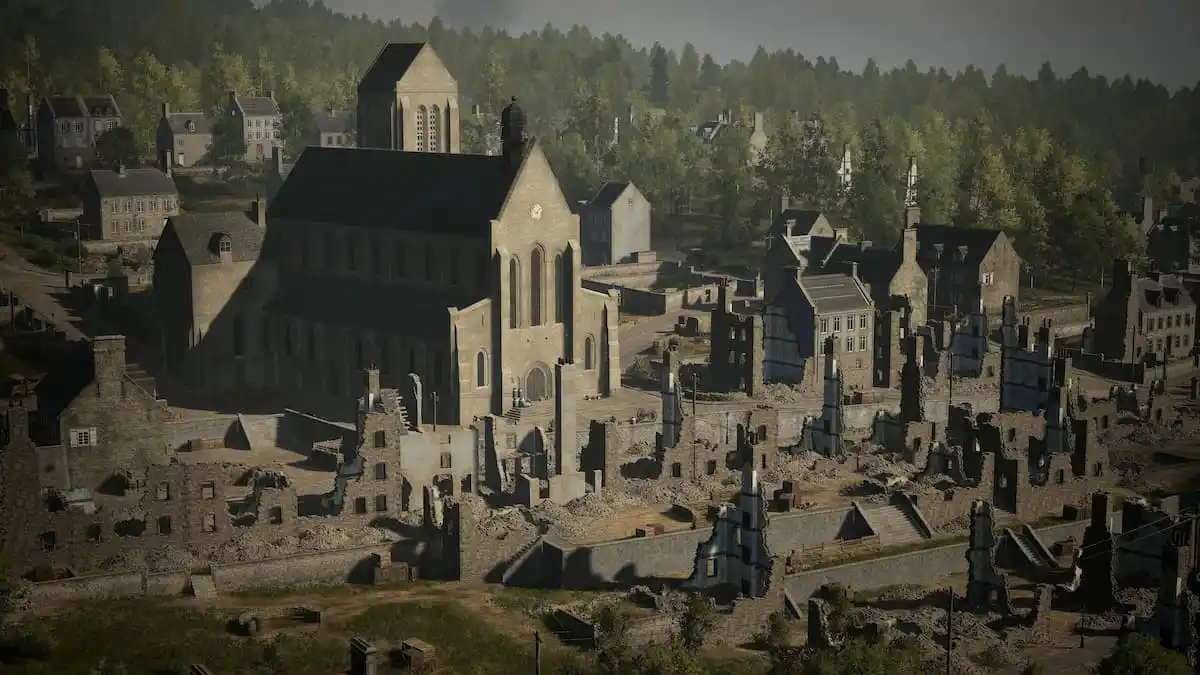
Published: Jun 27, 2023 10:07 am